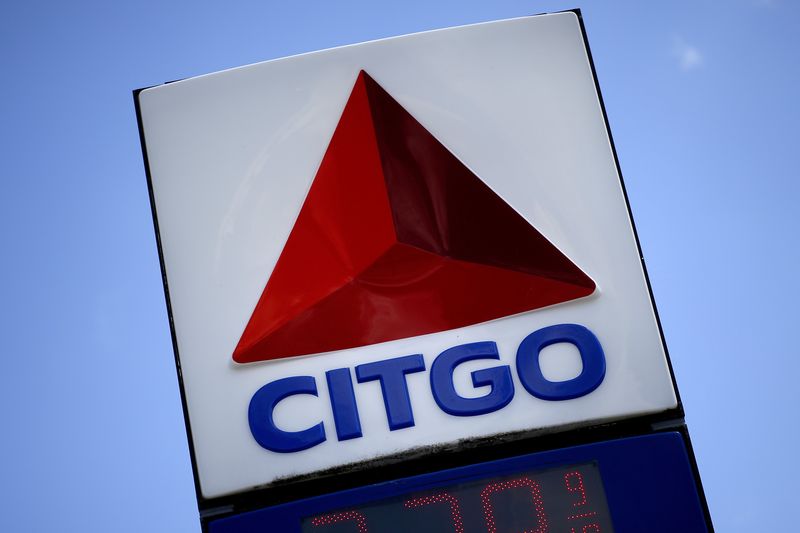HOUSTON (Reuters) - Refiner Citgo Petroleum is on track for a $2.5 billion profit this year, which it plans to use for repaying debt and invest in the reliability of its operations, the board that supervises the Houston-based company said on Monday.
Citgo, owned by Venezuela's state company PDVSA but controlled by an interim government formed in 2019, is increasingly under pressure by creditors of Venezuela who want the company auctioned off to pay for pending debt and expropriation claims made during late President Hugo Chavez's rule.
In 2021, the company posted a loss of $160 million, its second straight year of losses. But Citgo and other U.S. refiners have rebounded this year as fuel prices climbed sharply on the U.S. economic recovery and on global shortages caused by Russia's invasion of Ukraine.
In November, Citgo reported third quarter earnings of $477 million on strong margins and higher throughput at its 750,000-barrel-per-day refining network. In the second quarter, the company's earnings had surged to $1.28 billion, the highest quarterly profit in its history.
"Citgo must honor its financial obligations... and also maintain reliable stable operations at its refineries," said an ad-hoc board appointed by opposition leader Juan Guaido to supervise PDVSA's foreign subsidiaries in a release. "That will require capital investment to optimize its facilities and fulfill plans for preventive and corrective maintenance."
A Delaware District court judge in October approved a process to auction shares in PDV Holding, the indirect sole stockholder of Citgo. If held, the auction would pay Canadian miner Crystallex $970 million owed from an expropriation judgment on its Venezuelan assets.

The ad-hoc board also said Citgo is not considering purchases of Venezuelan oil from U.S. Chevron Corp (NYSE:CVX) in the short term, even if PDVSA allocates cargoes to the company under a U.S. license that allows PDVSA to trade and export Venezuelan oil to the United States.
"Citgo's refineries have been changing their refining pattern to successfully process domestic crude grades and oil coming from other countries," the board said in the release.